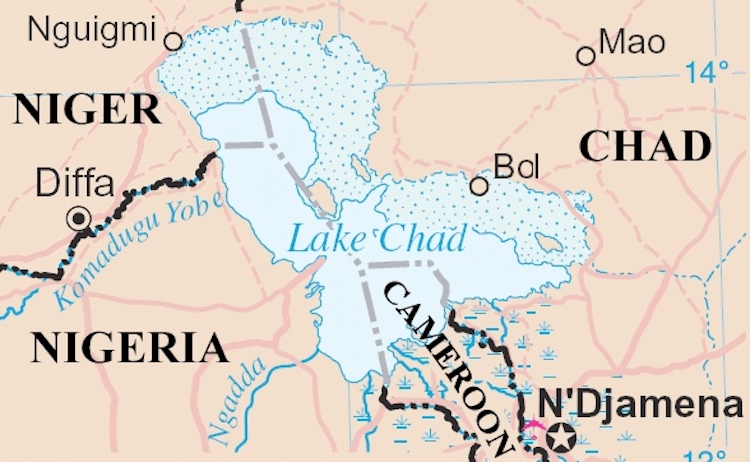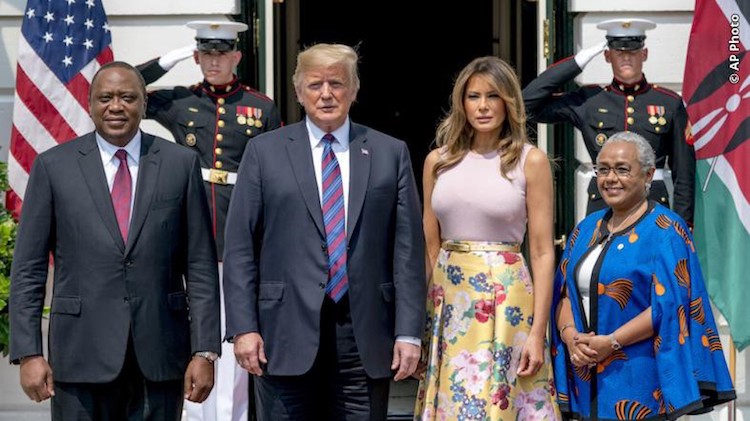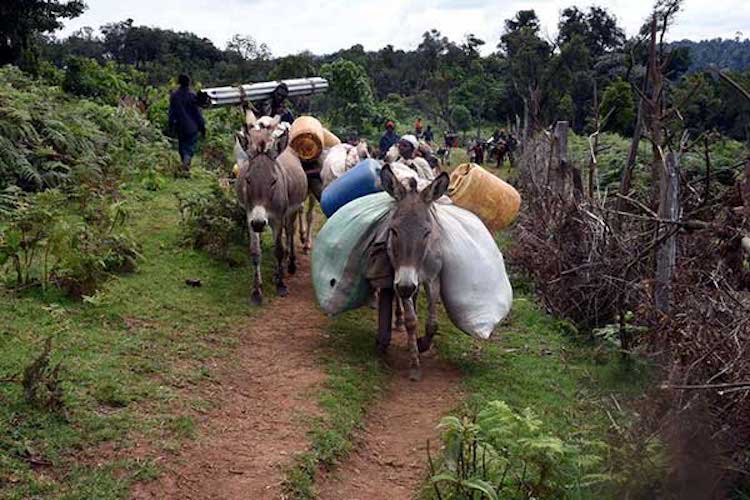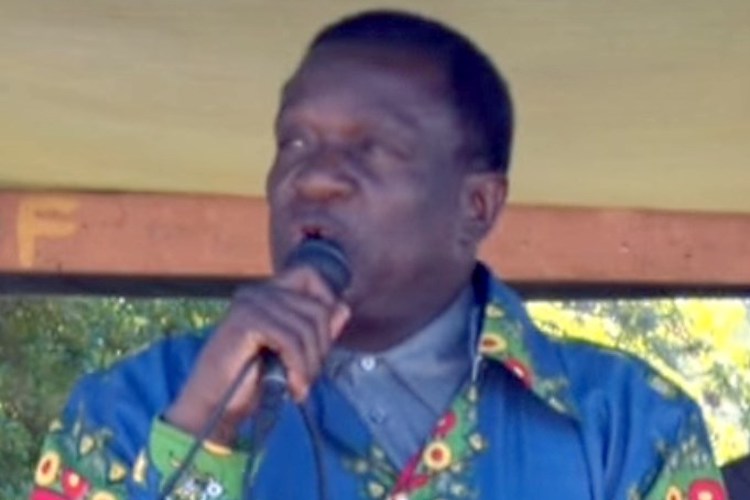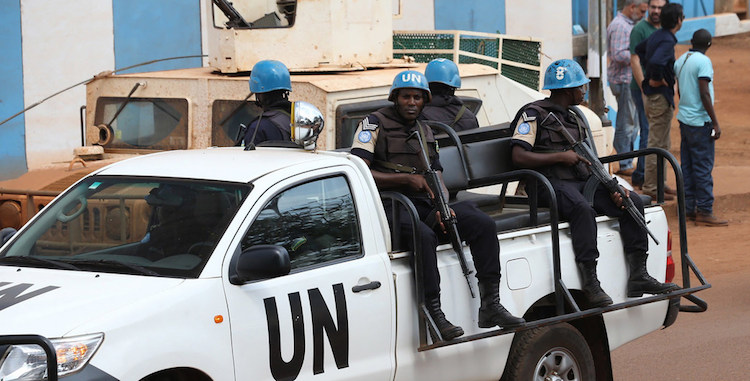By Ramesh Jaura BERLIN (IDN) – Foreign Minister Heiko Maas of Europe’s powerhouse Germany, which joins the UN Security Council next January as a non-permanent member for 2019-2020, has pledged 100 million Euros (116 million USD) in emergency aid until 2020 to lessen the sufferings of over 10 million people in Africa’s crisis-ridden Lake Chad […]
Kenya Signs Deal with U.S. to Finance Wind Power
By Lisa Vives, Global Information Network WASHINGTON, D.C. (IDN) – Kenya has signed agreements with a U.S. wind energy company, providing a major boost for wind power and food security. President Uhuru Kenyatta of Kenya said the ‘Big Four agenda’ projects – boosting manufacturing industry, promoting food security, providing affordable housing and universal healthcare coverage […]
Settlers Face Eviction in Kenya as Gov’t Plan to Save Trees
By Lisa Vives, Global Information Network NEW YORK | NAIROBI (IDN) – Some 40,000 settlers in the Maasai Mau forest in Kenya face imminent eviction by the Kenyan government which says it is protecting the forest in the name of conservation. Deputy President William Ruto said those who encroached on the forest should be flushed […]
Southern African Governments Pressed for Land Reform
By Lisa Vives, Global Information Network NEW YORK (IDN) – The day of reckoning is arriving in Southern Africa for the hundreds of thousands of blacks whose lands were taken forcibly by white settlers – a crime that goes unpunished despite promises for land reform year after year. Pressure is growing on governments to take […]
A Glimmer of Hope for Zanzibar Seaweed Farmers
By Kizito Makoye PAJE, Zanzibar (IDN) – As the morning breeze sweeps Mwanamkasi Jumbe wade through knee-deep water, her gown flapping in the wind as she drags a pile of seaweed seedlings to her farm before it is too hot. Armed with a bundle of sticks, she hangs pieces of fresh seaweed haphazardly hooked on […]
Mozambique Imposing Hefty Fees on Local and Foreign Media
By Lisa Vives, Global Information Network NEW YORK (IDN) – Press freedom in Mozambique just got a lot less free. Under a new government decree, local and foreign journalists must now pony up thousands of dollars for the right to report in this Southern African country. The little dribble of news about Mozambique in the […]
Africa’s Emerging Markets Vulnerable To Cyber Attacks
By Emmanuel Tita Sama* LAGOS (IDN) – As emerging markets race to join the digital revolution they are fast being hijacked by cybercriminals, who are preying on the fledgling IT environment with potential security weaknesses and using them to launch attacks on territories with more advanced defence strategies. The United Nations recently reported that, shockingly, […]
‘Skulduggery’ Foils Zimbabwe Inauguration Of Mnangagwa
By Lisa Vives, Global Information Network NEW YORK | HARARE (IDN) – The hastily organized inauguration of Emmerson Mnangagwa as president of Zimbabwe has hit a brick wall. Invitations to the heads of diplomatic mission, international organizations and consulates were pulled back after challenges to July 30 general election put a question mark around the […]
Security Council Calls for Better UN Agency Cooperation in Central Africa
By J Nastranis NEW YORK (IDN) – In view of “the volatile and fast‑evolving nature of the political, security and social situation” in Central Africa, the United Nations Secretary-General has asked the Security Council to extend by three years from September 1, 2018 to August 31, 2021 the mandate of the UN Regional Office for […]
UN Supports Comprehensive Reform Process in Lesotho
By Ntsoaki Nkoe MASERU (IDN) – Lesotho has launched a landmark project with the European Union willing to provide Euros 12.5 million (approx. USD14.4 million) and the United Nations USD 2 million. Known as the Lesotho National Dialogue and Stabilization Project (LNDSP), the initiative aims to stimulate a comprehensive national reforms process the southern African […]

